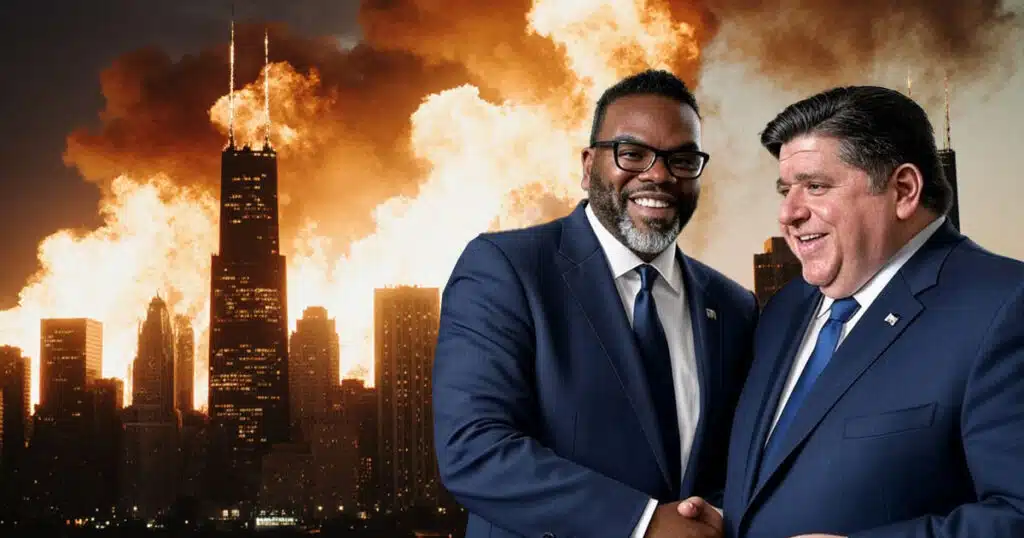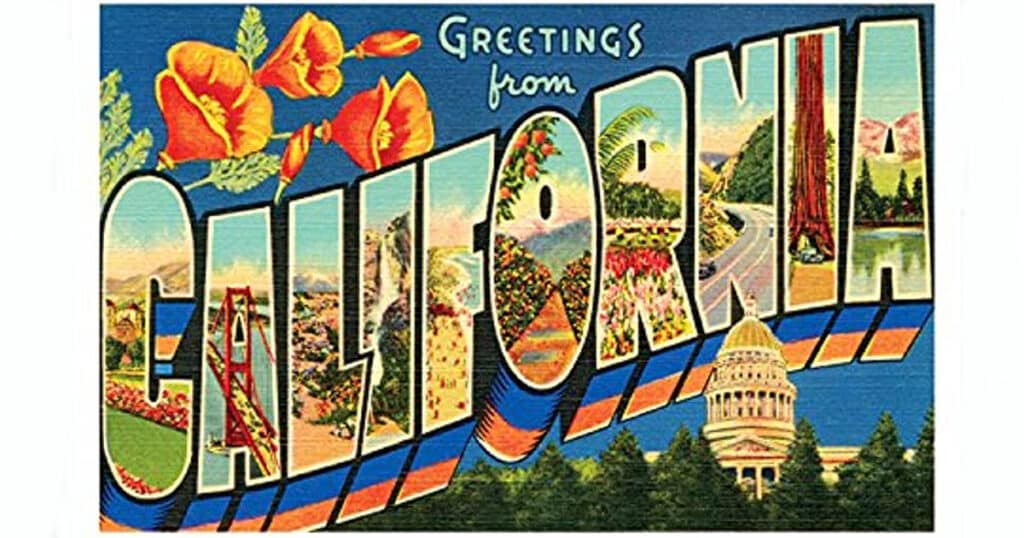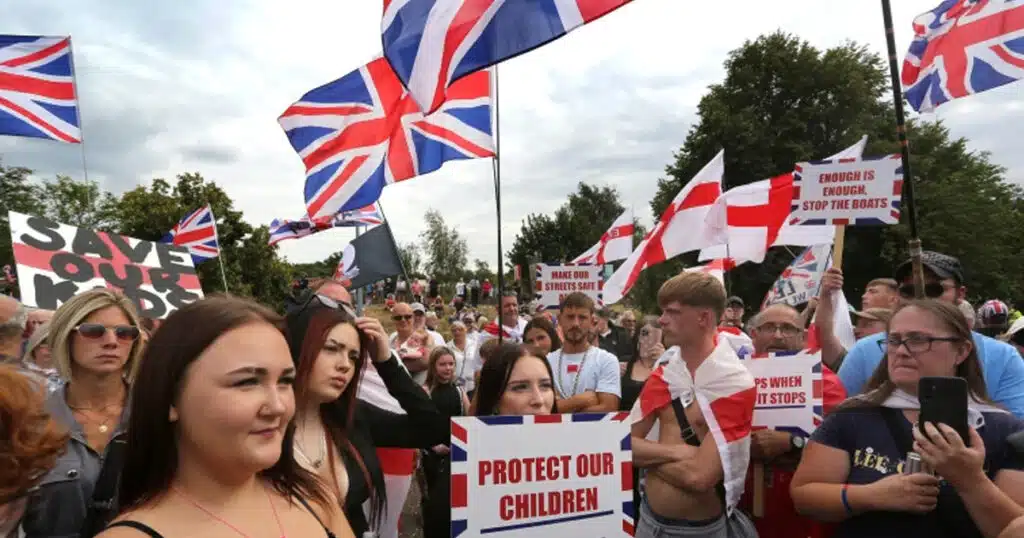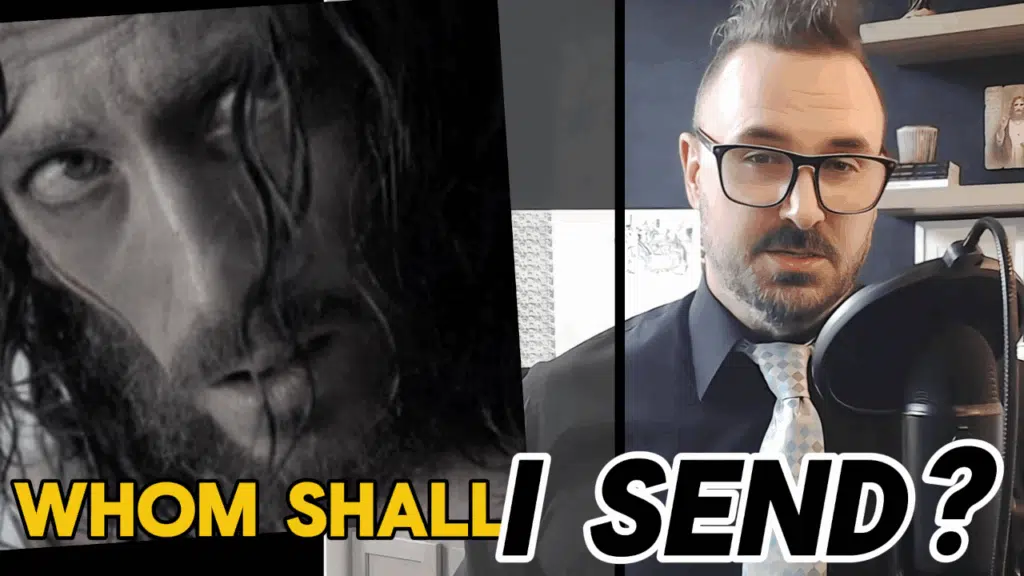
Politics Over People: Chicago’s Leaders Are Failing Their City
There was no Labor Day holiday for Chicago criminals, who murdered nine people and wounded another 51; most (if not all) were black or brown people with names and stories we will never know. Meanwhile, crime is down sharply in Washington, D.C., where three people were shot and wounded, but no one was killed over the weekend.
Rather than learn from Washington, D.C.’s experience, Chicago’s leaders are doubling down to frustrate a proposed federal law enforcement surge here that will make Chicago safer for all.
As the weekend’s carnage unfolded, Mayor Johnson issued an order blocking the Chicago Police from cooperating with any new federal law enforcement effort while Gov. Pritzker was on TV describing a D.C.-style federal law enforcement surge as an invasion. Last week, Pritzker declared that crime is a “manufactured crisis” in Chicago and that federal crime-fighting initiatives are merely a cover for Trump’s supposed darker, more authoritarian motives.
Pritzker’s now familiar stridency contrasts sharply with D.C. Mayor Muriel Bowser’s approach, who thanked Trump last week, saying: “We greatly appreciate the surge of officers.” A new poll by M3 Strategies suggests Chicagoans would appreciate a surge of officers here, too.
In 2024, among our nation’s 25 most populous cities, D.C. had the worst murder rate – 28% higher than second-place Indianapolis and 179% higher than the group’s average.
But after Trump intervened, for 13 days, there were no murders in D.C. Compared to 2024 – when the district recorded 187 homicides – the odds of that happening randomly are just one in 800.
Bowser announced that in the first 20 days after Trump’s takeover (Aug. 7-26), violent crime had plummeted 45%, carjackings down 87%, robbery down 62%, and sexual abuse down 44%. D.C.’s residents suddenly felt much safer.
This isn’t rocket science. The research is clear: Crime goes down as the risk of arrest and conviction, and the cost of conviction, goes up.
As of December, the D.C. police department had 1,340 patrol officers and 3,400 officers total, but only about a third of them are available on any given shift to serve a city of 720,000. “Crime is out of control, and our officers are stretched beyond their limits,” D.C. police union Chair Gregg Pemberton warned.
Trump added over 500 federal law enforcement officers and about 800 National Guard troops, effectively doubling the number of patrol officers, calming the mayhem dramatically.
Contrary to what Illinois’ political leadership is asserting, Chicagoans do perceive violent crime as a real issue, according to the M3 Strategies poll, and there’s broad support for beefing up Chicago’s law enforcement to calm the mayhem here as well.
The 5,000 officers being discussed for Chicago would also be a substantial increase over the roughly 11,700 officers Chicago employs to protect its 2.7 million residents.
In response to Trump’s broader plan to deploy the National Guard and federal forces to cities like Chicago and D.C., Chicago’s Mayor Brandon Johnson argued that jailing offenders is “racist, immoral, and unholy” and does not curb violent crime. “We’ve tried that, it doesn’t work.”
Johnson isn’t the only Democrat who believes that arresting criminals is racist, but as the M3 Strategies poll shows, blacks and Hispanics are more supportive of law enforcement than White – no doubt because the burden of crime falls heaviest on blacks and Hispanics.
A National Institute for Criminal Justice Reform analysis of D.C. homicides between 2019 and 2021 found that about 96% of victims were black. The same is true, though to a lesser extent, in Chicago. So far this year, 80% of the murder victims are black. With 573 murders last year, that amounts to about 450 black people murdered.
Black residents suffer disproportionately in other crime categories as well, and they’re hurt by the corollary effects of high crime as businesses shut down, jobs disappear, stores close their doors, and property values take a hit.
So, it should not be surprising that Chicago’s blacks and Hispanics support federal help to fight crime. Black residents,by a 48%-to-44% margin, think it would be a good idea. Hispanics have even stronger support by a 55%-to-38% margin.
Washington, D.C.’s experience shows that a significant and visible increase in law enforcement will save lives and reduce violent crime. Pritzker and Johnson’s approach will instead disproportionately harm those they claim to want to protect: the low-income, black, and Hispanic communities.
Gov. Pritzker and Mayor Johnson need to follow the data, learn from D.C., and embrace strategies that make it riskier for criminals to commit crimes. Let’s make Chicago safer for everyone.
This article was originally published by RealClearPolitics and made available via RealClearWire.



